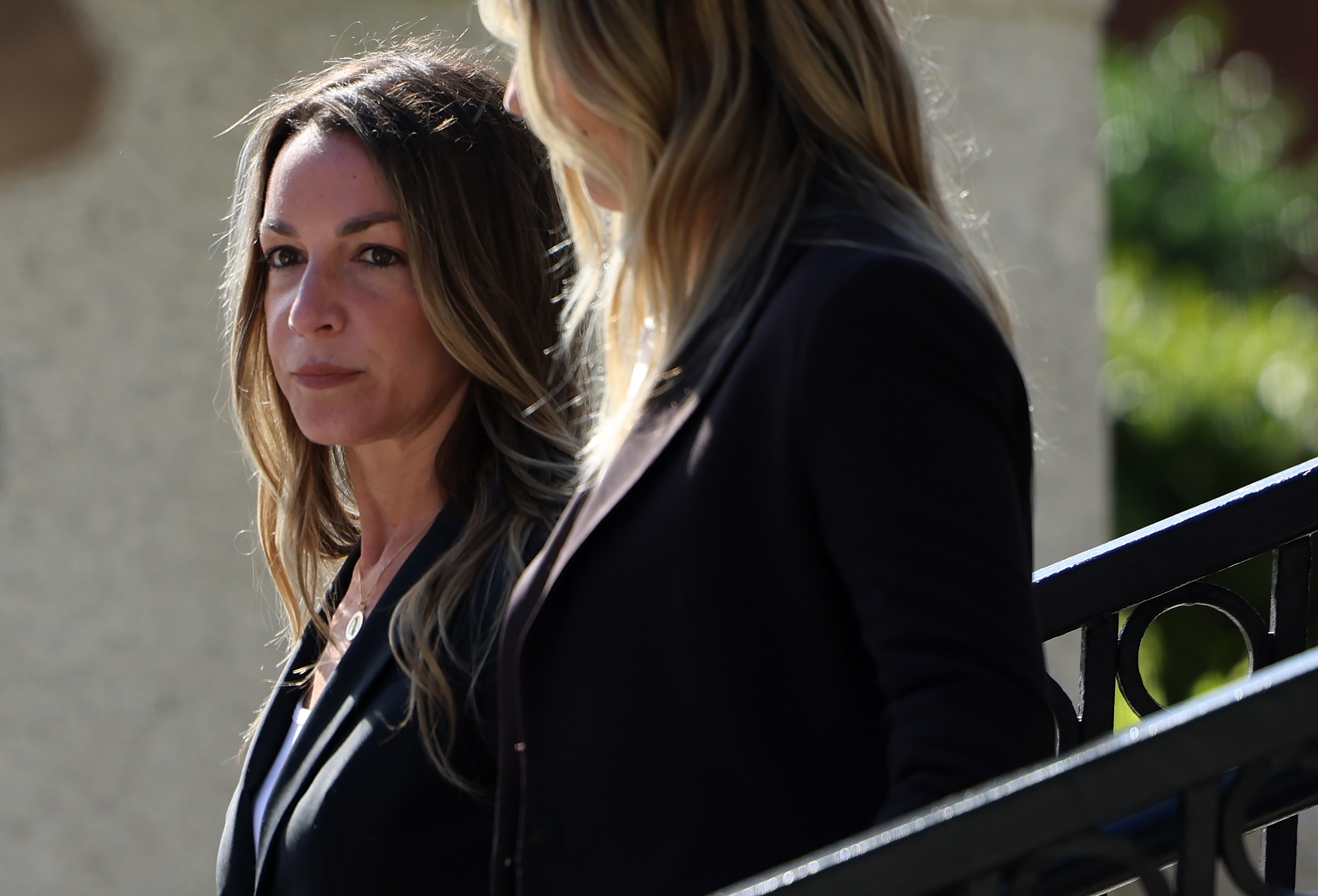
Prosecutors in the Karen Read case have acknowledged hearing from purported jurors in the high-profile case, at least one of whom said that, before a mistrial was declared, the jury agreed Read was not guilty of two of the three charges against her in the death of her boyfriend, Boston Police Officer John O'Keefe.
But the Norfolk District Attorney's Office said in its filings that it was "ethically prohibited" from discussing deliberations with members of the jury, and didn't pursue further communications with the purported jurors.
Read's defense has previously said that five jurors have come forward — three directly to them — and confirmed the jury was only unable to agree on the manslaughter charge. They've moved to dismiss the pair of charges in question.
Previously in court filings, prosecutors had called claims from the defense that the jury ever reached any unanimous decision on any of the charges "unsubstantiated" and "sensational." That was before at least some of the communications outlined in the new filing.
Get New England news, weather forecasts and entertainment stories to your inbox. Sign up for NECN newsletters.
Judge Beverly Cannone is set to hear arguments on the defense's motion to dismiss the two charges — second-degree murder and leaving the scene of a deadly crash — next Friday. She's noted that she expects whatever decision she makes at the Aug. 9 hearing to be appealed, one indicator of how fraught the case has been.
A person who identified themselves as a juror left two voicemails with Assistant District Attorney Adam Lally, according to the filing, submitted Thursday and recorded by the Norfolk Superior Court Friday.
In the first message, from Sunday, July 21, the person said, "it is true what has come out recently about the jury being unanimous on charges 1 and 3." In the second message, received five days later, the purported juror said they "can confirm unanimous on charges one and three, as not guilty," and said that the jury was split 9-3 to find Read guilty on a lower manslaughter charge.
Three other people identifying jurors and saying they wanted to speak anonymously had already emailed the Norfolk District Attorney's Office, according to the new filing. But by July 16, the office sent emails replying that they were "ethically prohibited from inquiring as to the substance of your jury deliberations," and continuing on to say that the office couldn't promise to keep the communications confidential.
Prosecutors didn't respond to the purported juror who called, citing the same reason, according to their filing. Read the filing here:
NBC10 Boston is reaching out to Read's lawyers for comment.
Read's next murder trial is set to begin in January.
More on the Karen Read jury
O'Keefe was found unresponsive in the snow outside the Canton home of another Boston police officer. An autopsy found the 16-year BPD veteran died of hypothermia and blunt-force trauma.
Read, a former adjunct professor at Bentley College, had been out drinking with O'Keefe and others the night before, and prosecutors claim she fatally struck her boyfriend with her SUV before driving off. While she was charged with second-degree murder, manslaughter and leaving a scene of personal injury and death, her team contends O'Keefe was killed inside the home after Read dropped him off and that those involved chose to frame her because she was a "convenient outsider."
Read's two-month trial ended with jurors hopelessly deadlocked. Cannone declared the mistrial on the fifth day of deliberations.
While the names of jurors are usually released after trials in Massachusetts end, who served on the first Karen Read trial jury remains a mystery. Cannone ordered the names of the jurors not be released indefinitely after one of the jurors filed a motion saying they feared for their own and their family's safety if the names are made public. The order does not preclude a juror from coming forward and identifying themselves, but so far none have done so.
One "frightened" juror's portrait of serving on the jury, shared in a legal filing, suggested that the body was aware of the intense interest in the case — they could hear protesting as they deliberated the verdict despite Cannone's order that protesters be kept 200 feet from the courthouse, and had to be bused to a secret location to maintain their anonymity.
Much of the outrage on the case centered around the vulgar, insulting things the case's lead investigator, Trooper Michael Proctor, admitted he said about Read as his investigation unfolded. He was later suspended without pay.
Many of Read's most passionate supporters were convinced she was innocent by blogger Aiden "Turtleboy" Kearney, who was arrested before the trial for allegedly intimidating witnesses in the case. He's denied those allegations.
The Associated Press contributed to this report.



